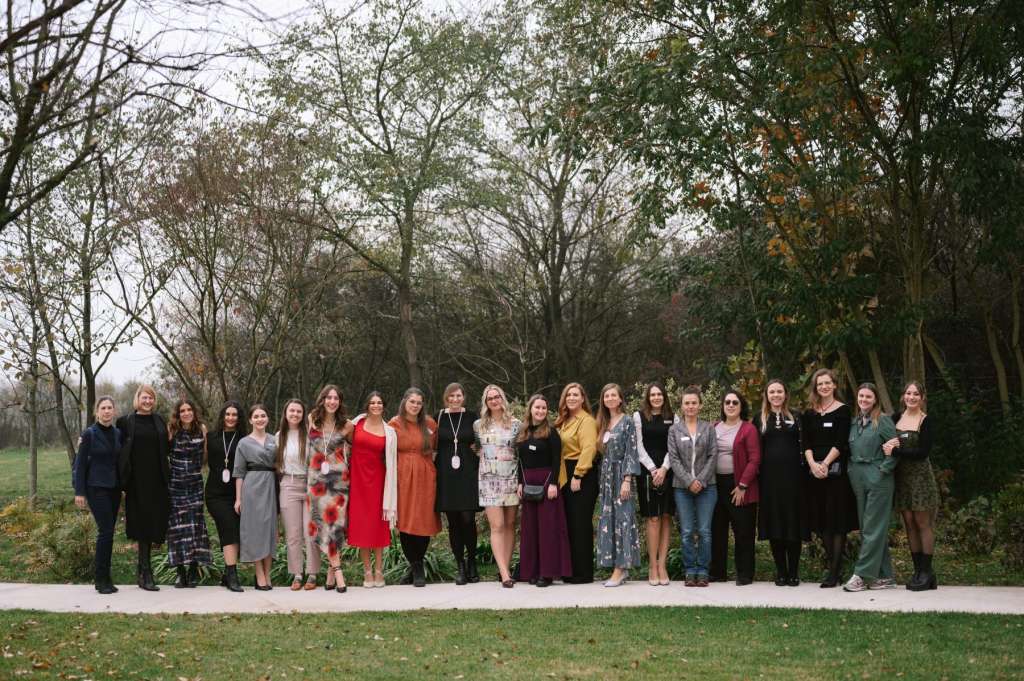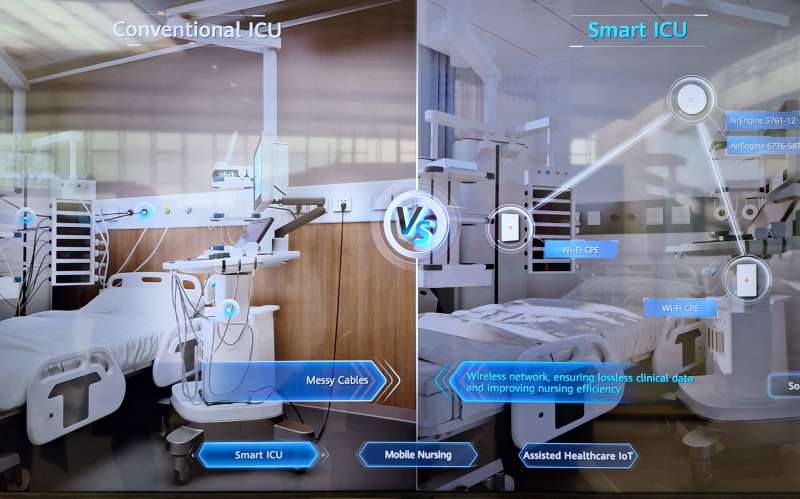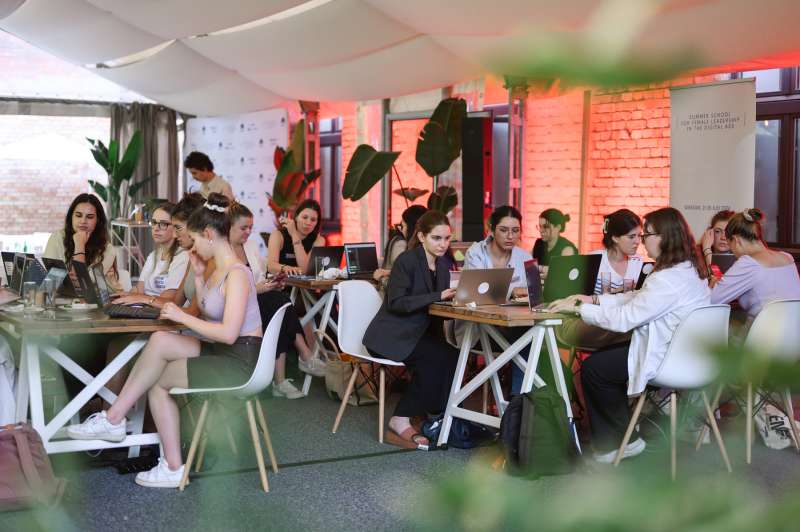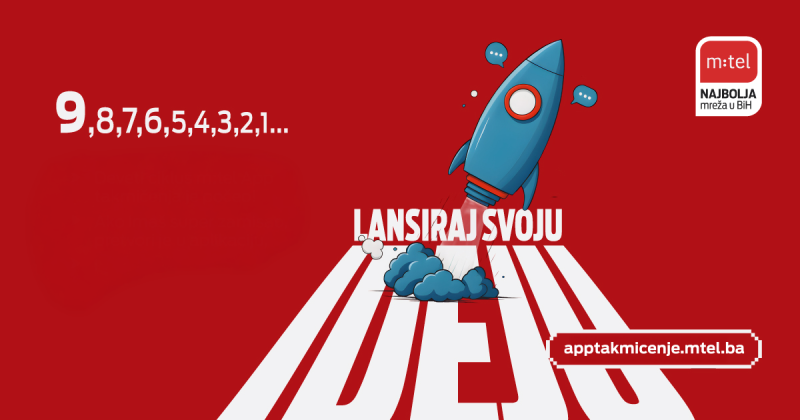ZAGREB, November 21 (FENA) – After a series of successful gatherings across Europe, the European Leadership Academy organized a multi-day Women's Academy for Rural Innovation in Zagreb, inviting young women from EU member states, as well as from Bosnia and Herzegovina and Ukraine.
As the organizers of the Academy emphasize, their goal is to bridge the dual divide—gender and urban-rural—that prevents women in rural and depopulated areas from becoming leaders the world needs.
The Women’s Academy for Rural Innovation offers a unique opportunity and learning experience. Participants had the chance to engage with mentors and expert speakers from across Europe. They discussed the biggest challenges women in rural areas face, and how to encourage them to explore solutions that could bring tangible results to their regions. The aim for these women is to serve as strong examples and role models for other women in rural communities.
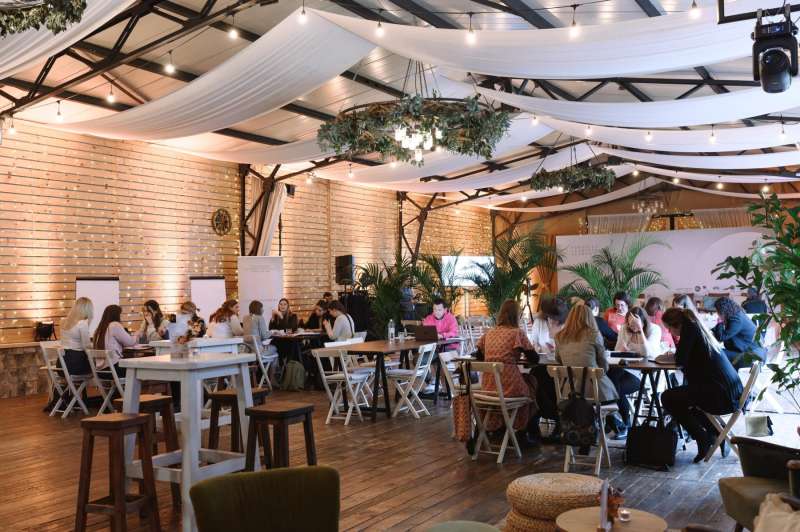
"Women make up half of the population. However, they still face structural challenges that unfairly prevent many of them from realizing their full potential.
"Our primary goal is to increase the visibility of women in rural areas, not only in Bosnia and Herzegovina or Croatia but throughout the entire European Union. Women in rural areas are changing the world through numerous innovations and new ways of doing business and we want to contribute to their recognition. We want to send a clear message—technology means freedom. Thanks to technology, you can work wherever you want. Young people who are considering emigrating, and leaving BiH, now have the opportunity to successfully develop businesses in their rural communities. We expect technology companies like Huawei to support the development of their businesses but also for the participants of our academy to apply the knowledge and skills they acquire when they return to their countries. This will also help their local communities," says Berta Herrero, Founder and Director of the European Leadership Academy.
She is also the Head of the Diversity, Equality, and Inclusion department at Huawei Europe, the global technology leader that significantly supports the concept of the European Leadership Academy.
"European rural areas make an important contribution to the economy and society. They play a vital role in feeding citizens with food grown and produced in the countryside, while also preserving the natural beauty and rich diversity of our villages. Creating new opportunities through technology helps breathe new life into the heart of Europe while empowering women in rural areas. That’s why the European Leadership Academy has created a program like no other—the Women’s Academy for Rural Innovation. The second edition of the Academy gathered talented women from over 20 European rural areas to gain the skills and tools necessary to shape the digital age from the beauty of their villages," emphasizes Herrero.
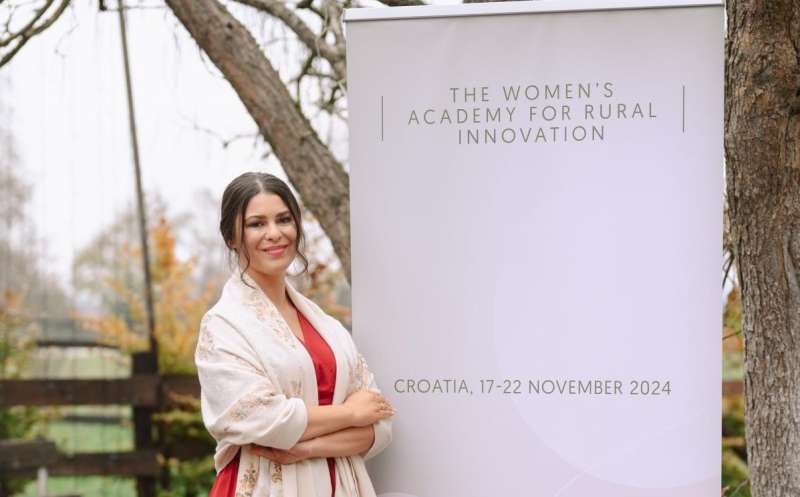 Berta Herrero
Berta Herrero
Alongside the selected participants from each EU country, Tamara Teodorović from Bijeljina, representing Bosnia and Herzegovina, was also part of the Women’s Academy for Rural Innovation, and the only participant from the Western Balkans. She is the founder of a hybrid startup focused on producing clothing made from materials derived from agricultural and food waste. These materials are produced biotechnologically, and this type of production is in its early stages not only in BiH but globally.
"We are working on opening an innovation-creative hub in Bijeljina or its surroundings, depending on where we can get space and access to build a building. We plan to bring together all the creative individuals from the Semberija region, Brčko District, and Tuzla region and provide them with all the necessary support to develop startup businesses or creative skills. Currently, we are building a learning platform where people will be able to access specific learning materials digitally and our goal is to gather as many mentors as possible. Over time, we hope to apply for funding to either build a new hub or convert an existing space into one," says Teodorović.
She emphasizes the importance of this academy, as it allows her to gain new knowledge, skills, and experience.
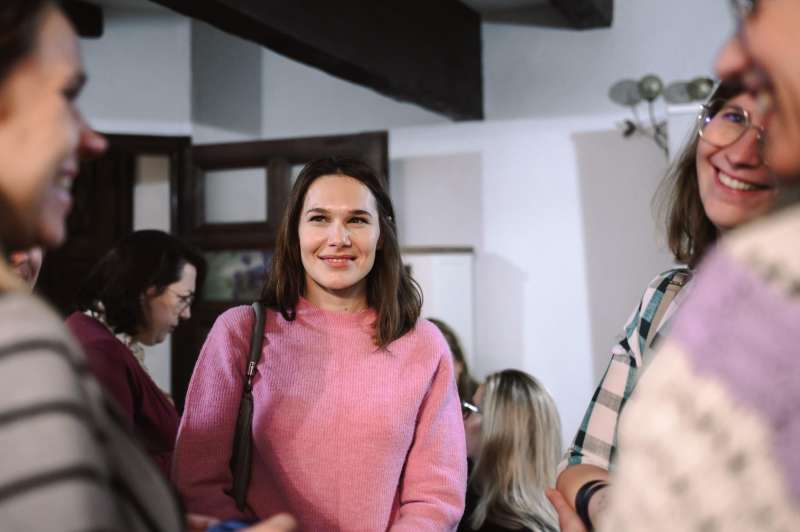
Tamara Teodorović
"It’s important to see how these things function in EU countries. For my business, networking, meeting new people, and connecting with them is also crucial. For us in BiH, it’s very difficult to access foreign markets or financing sources because there’s always some issue," concludes this young businesswoman, who has already faced numerous bureaucratic obstacles and outdated legislation that complicates innovative business practices at the start of her career.
Professor Belma Ramić-Brkić from the Sarajevo School of Science and Technology (SSST) was one of the panelists at the Academy. She emphasizes the importance of talking to young people about both successes and setbacks, as this is the only way they can learn important lessons and succeed in business.
"We often hear only the most successful stories, but that’s not real life. These academies stimulate discussions about real-life and business paths that aren’t all smooth sailing. Projects like this are valuable because they allow participants to acquire new knowledge and skills, which are impossible to gain without interaction with others," says Ramić-Brkić.
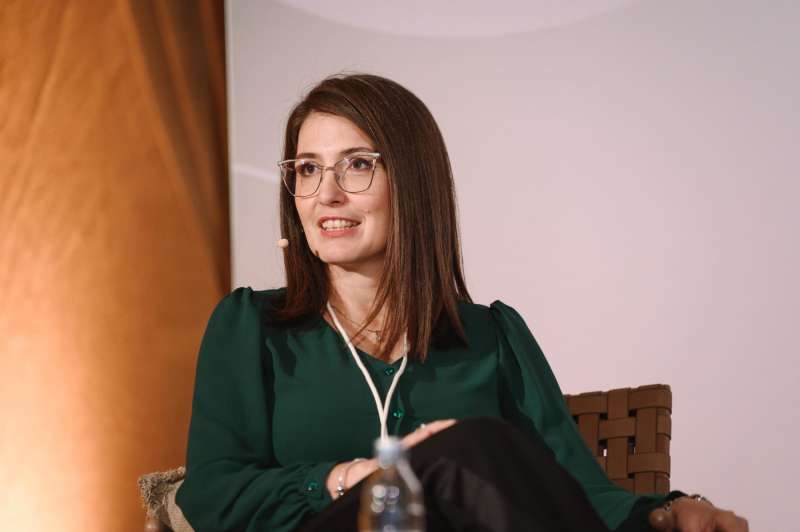
Belma Ramić-Brkić
When specifically discussing the development of business in rural areas, she emphasizes the importance of education while simultaneously creating favorable legal regulations and ensuring financial incentives. All of this, she says, is currently lacking in BiH, and that’s why she considers projects like this as a kind of alternative in the absence of a well-designed national strategy and approach.
"We have vast green spaces that can be monitored, optimized, and automated using technology for activities that are currently done manually. Everything can be tracked through appropriate algorithms, which greatly facilitates the management of agricultural production and other business activities in rural areas," she explains.
(FENA) A. B.

